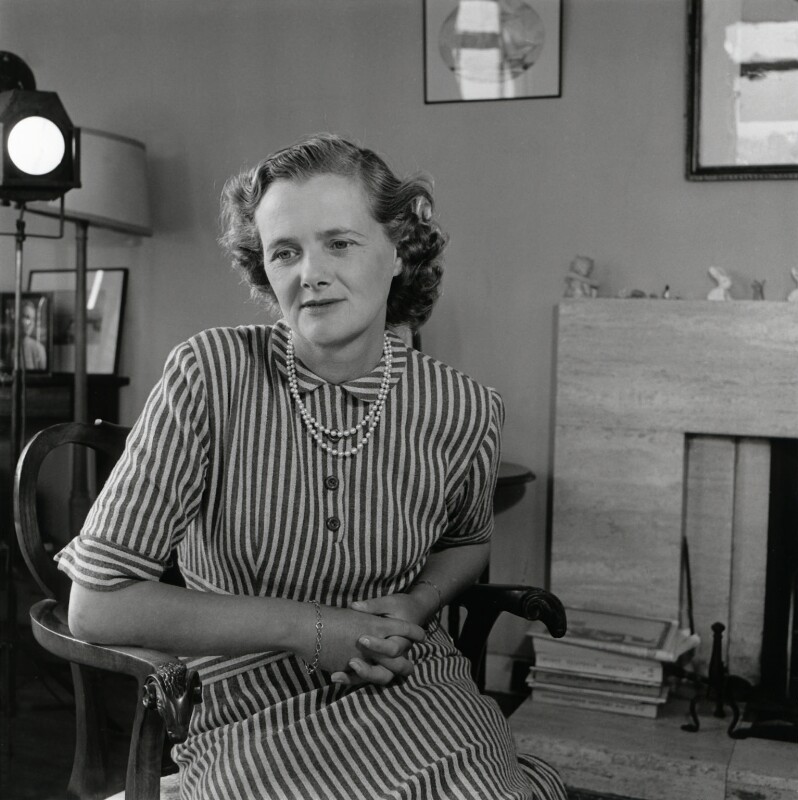

her hair had been washed and set the day before, brushed behind her ears without a parting, like the actress she admired. From her head to her shoes, and the body beneath her clothes was warm and happy.

“Nothing Hurts For Long” is a tenderly detailed portrait of a young woman preparing the house for her husband’s return after a long absence: Such moments are frustrating in du Maurier’s work, because other stories clearly prove that she did, even at a tender age, possess the ability to write in a more intimate and genuine way. When you laugh like that I want to strangle you-and then I want to love you.

Of course, I agree I have no right to ask you questions. I’ve been at the telephone all day and have had no answer from you. You let me see you, and then you expect me to stand like a dummy without senses. “And His Letters Grew Colder” is a story in epistolary form (and one largely explained by the title) exploring, in the most trite fashion, the highs and lows of romance: He fell into a drunken sleep, his head pillowed on her breast. He sat down by her side, his senses swimming, his mind vacant. He leant over her, peering at her body, breathing heavily. She fell to the ground, twisted, unrecognizable, ghastly. She spread her hands in supplication, but he pushed them aside and brought the axe down upon her head, crumpling her, smashing her skull. In “East Wind”, a man under the influence of brandy and passing rowdy sailors suddenly brutally beheads his unfaithful wife in a passage that wants for better writing: While it’s a given that humans are often foolish, especially in matters of love, du Maurier, usually inadvertently, caricaturizes those tendencies. The back of the book cites du Maurier’s “deep understanding of human nature.” One must wonder what humans act like those in du Maurier’s stories. Partly owing to her youth and partly to her contemporary literary convention, the stories tend towards either the undercooked or the simply forgettable, and few characters are complex enough to pique readers’ interest. Written before she garnered fame for such works as Rebecca, Jamaica Inn, and The Birds, these stories reveal a young woman struggling to grasp concepts such as well-developed characters, dynamic plotlines, and moving language. Comprised of short stories originally published mostly in the early ’30s, The Doll: The Lost Short Stories showcases the short fiction of a young Daphne du Maurier.


 0 kommentar(er)
0 kommentar(er)
